How to Utilize a Pool in an Emergency
When disaster strikes, having a well-prepared plan and utilizing available resources can make all the difference in ensuring the safety and well-being of your family and community. One often overlooked but invaluable asset during an emergency is your swimming pool.
Packed with potential, your pool can serve as a crucial lifeline, providing water for various purposes, temporary shelter, and even a source of physical and mental relief.
I spent some time exploring creative ways to use a pool during emergencies. I really found that you can maximize its benefits during emergencies. Let’s talk about how to utilize your pool that didn’t involve swimming in it for fun.
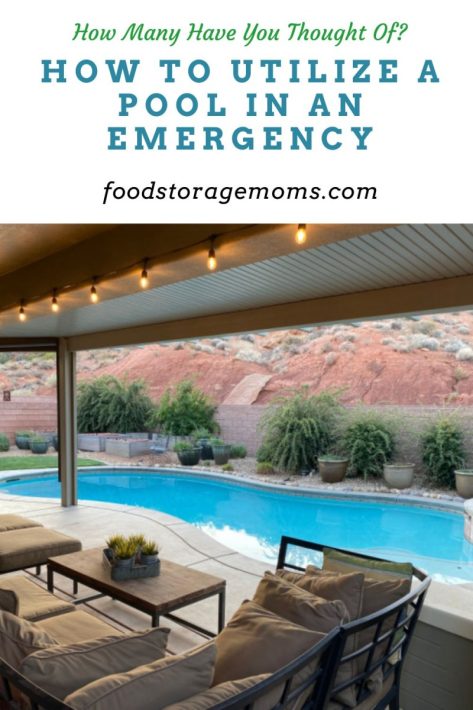
Utilizing Your Pool in an Emergency
I don’t know if this idea has crossed your mind or if this is the first time you’re considering it, however, I think about it often. In our home that we sold a few years ago, we had a pool in our backyard. I’d often consider how we could personally use that pool in an emergency. When I started to think about it, there were actually quite a few uses for a pool in an emergency situation.
Water source
Use the pool water for non-potable purposes like flushing toilets, cleaning, and watering plants. Although the pool may be current in its scheduled water treatment, you would need to purify the water before drinking or cooking.
Keeping cool
During extreme heat waves, use the pool to stay cool and prevent heatstroke or dehydration. Heat Advisory? 5 Tips to Easily Help You Prepare You would need to for sure protect yourself and your family members from sunburn in those extreme conditions. Although the swimming pool water will cool off some during the night time, many people find they don’t have to heat their pools during the summer since the sun can keep the water pretty warm on those hot summer days. But even then, generally, the pool can provide a cool refreshing respite from the heat outside.
Firefighting
If a fire breaks out nearby, pool water can be used to douse the flames, especially if access to the public water supply is limited or unavailable. Buckets may be helpful, depending on the size of the fire, but having a pump and some hoses helps a lot.
Emergency shelter
In case of damage to your home, a covered pool area can serve as a temporary shelter until it’s safe to return inside. How to Use a Tarp for Shelter
Stress relief
Swimming or floating in the pool can help alleviate stress and anxiety during an emergency, promoting mental well-being. Managing the Mental Stress of Prepping
Hydrotherapy
Use the pool for low-impact exercises and physical therapy, especially if access to healthcare is restricted.
Signal for help
Place bright-colored objects or create large visible reflectors or signs near the pool to attract attention from rescuers or helicopters. What Should You Do in a Chemical Emergency?
Storage area
If your home is flooded or damaged, the pool deck can be used as a temporary storage space for essential items, keeping them dry and accessible. Water Storage: How Much Do You Really Need?
Aquaponics
If the disaster lasts for an extended period, consider setting up an aquaponic system using pool water to grow vegetables and raise fish for food. Beginners Guide to Fishing: 6 Amazing Tips and Tricks
Community support
Offer your pool as a resource for neighbors who may need water, shelter, or a place to cool off during an emergency. How to Make a Community in Your Neighborhood
Sanitation station
Set up an area near the pool for washing hands and bathing, helping maintain personal hygiene during an emergency. 10 Hygiene and Sanitation Tips for a Disaster
Evacuation route
If your property is near a body of water, use the pool as a starting point to evacuate using inflatable rafts or boats in case of flooding or other disasters. How to Put an Evacuation Plan Together
Rainwater collection
Place large containers or tarps around the pool to collect rainwater, providing an additional source of water during droughts or water supply disruptions. How to Use Rain Water at Home
Wildlife protection
In case of wildfires or other natural disasters, your pool can serve as a temporary refuge for small animals and birds seeking water and shelter. How to Prep for Industrial Disasters
Cooking station
Set up an outdoor cooking area near the pool, using solar cookers or portable stoves, to prepare meals if it’s unsafe to cook inside your home. The Top Survival Kitchen Cooking Essentials
First aid area
Designate a spot near the pool for administering first aid or treating minor injuries, especially if access to medical facilities is limited. First Aid Kits-What You Need To Survive Having quality first-aid kits available can make all the difference. Of course, you or other family members need to know how to use the kit’s contents to achieve the best effectiveness.
Learning pool safety protocols is important too. There needs to be some understanding of CPR, consider a self-closing pool cover, yard fencing, gates with a strong lock, and any other barriers to keep people out when you’re not at home.
Entertainment
Organize safe and socially distanced activities around the pool, such as water games or movie nights, to boost morale and maintain a sense of normalcy during the emergency. Cheap Items Valuable During Survival Have some pool toys that are age-appropriate for the kids. Make sure you also have life jackets as part of your safety equipment for the little ones as part of your pool safety plan. Having a drowning during an emergency makes things even more tragic.
Water purification training
Teach your family and neighbors how to purify pool water for drinking, using methods like boiling, filtration, or chemical treatment. Is Tap Water Safe to Drink? We had a salt water pool meaning the chlorine level was maintained by a special appliance as part of the pool equipment. Of course, we had a sand water filter that removed debris like leaves, litter, dirt, etc. but we still needed to monitor the PH levels and we had a weekly visit from a pool operator and maintenance company.
Emergency drills
Use the pool area as a gathering point for practicing emergency drills and evacuation plans with your family and community. 125 Preparedness Items You Need To Stock
Solar power
Install solar panels around the pool area to generate electricity for essential appliances, providing backup power during blackouts or energy shortages.
Downsides of Utilizing a Pool for Emergencies
Like any good idea, there are some downsides to the idea. Of course, using a pool for emergencies isn’t a perfect idea, but it is something to consider whenever you are struck with an emergency. In my opinion, it’s best to sit down and think of all of these scenarios BEFORE they become a reality.
Water contamination
Pool water may contain chemicals like chlorine, which could make it unsafe for drinking or cooking without proper purification. Survival Uses for Drinking Straws It’s sad, but kids and adults can use the pool as a toilet. There can be issues with bacteria, viruses, parasites, giardia, diarrhea, and other issues. Disinfection is critical, and if you think an “accident” has happened you need to all the pool evacuated until proper treatment can take place.
Limited water supply
Depending on the size of your pool and the number of people relying on it, the water supply may not last long during a prolonged emergency. How to Use Rain Water at Home
Algae growth
If not properly maintained, stagnant pool water can promote algae growth, affecting water quality and increasing the risk of contamination.
Structural damage
Natural disasters like earthquakes or storms could damage the pool, rendering it unfit for use or causing water loss. We once had a small drainage ditch overflow and fill our pool with dirt. We had to drain the pool, clean out all the dirt, scrub the pool sides and tile, then refill the pool.
Inadequate shelter
While a covered pool area might provide temporary shelter, it may not offer sufficient protection from extreme weather conditions or other hazards.
Accessibility issues
In the event of flooding, reaching or using the pool area may become challenging or dangerous, limiting its usefulness in an emergency. 35 Items Every Prepper Should Have When Traveling
Evaporation
Water levels in the pool may decrease over time due to evaporation, reducing the available water supply during an emergency when the public water system is disabled.
Security concerns
If your pool becomes a known resource during a disaster, it may attract unwanted attention from others seeking water or shelter, potentially leading to conflicts or security risks. 20 Ways to Step Up Security Measures Around Your Property
Maintenance challenges
Keeping the pool clean and functional during an emergency may be difficult due to limited access to supplies, equipment, or power. How To Do Home Maintenance In Your Spare Time
Lack of awareness
Family members or neighbors may not be aware of how to properly utilize the pool as a resource during emergencies, reducing its potential benefits.
Final Word
Now that you know the ways to utilize a pool in an emergency and some reasons you may not be able to use a pool, I hope this helps with your overall emergency plan. Remember that it’s best to sit down with loved ones and have a plan for almost any scenario possible. If you have any more tips to add to utilizing a pool in an emergency, let me know! May God Bless this world, Linda

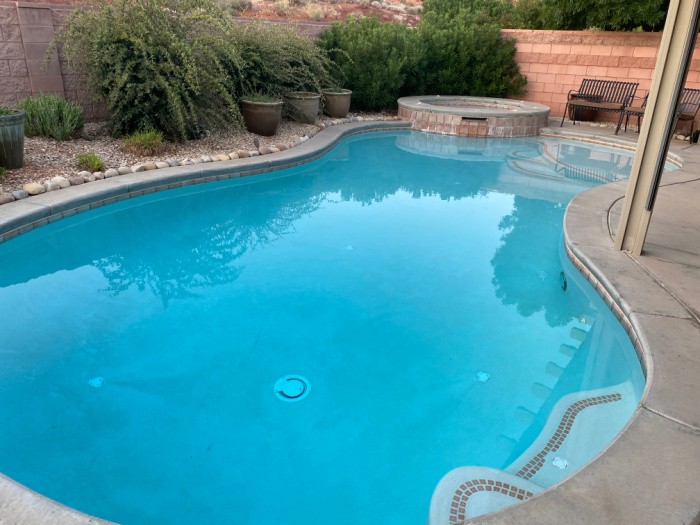

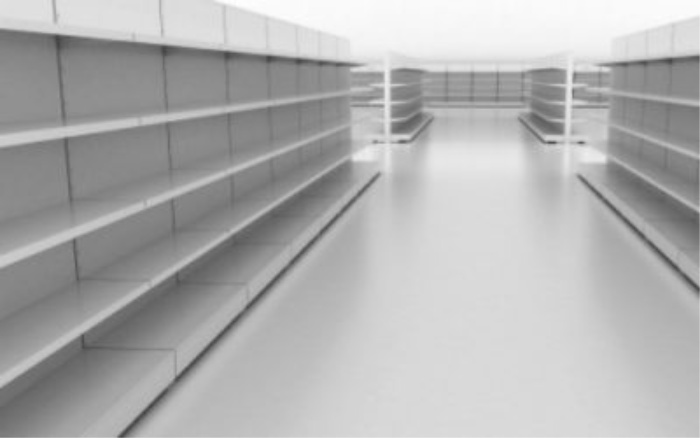
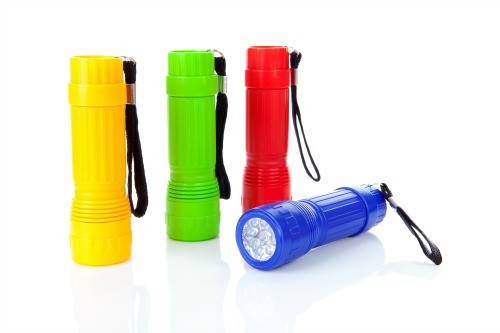
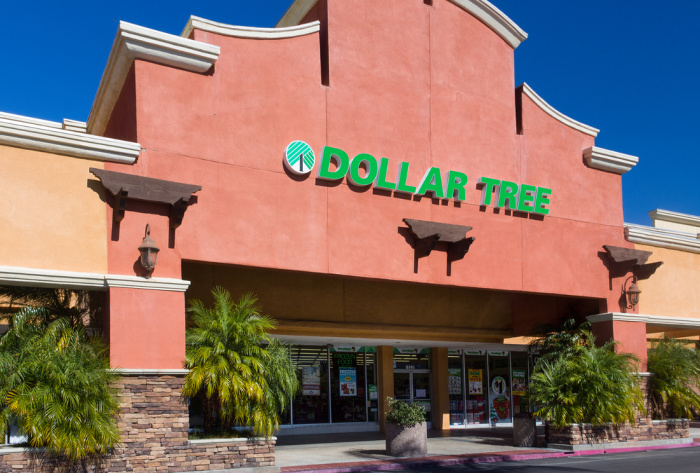
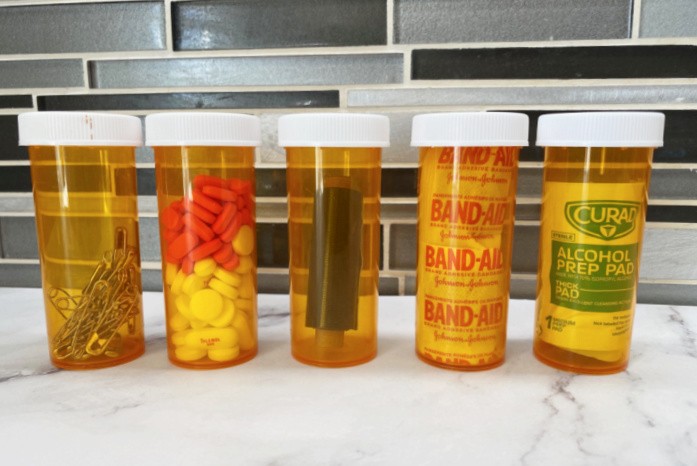

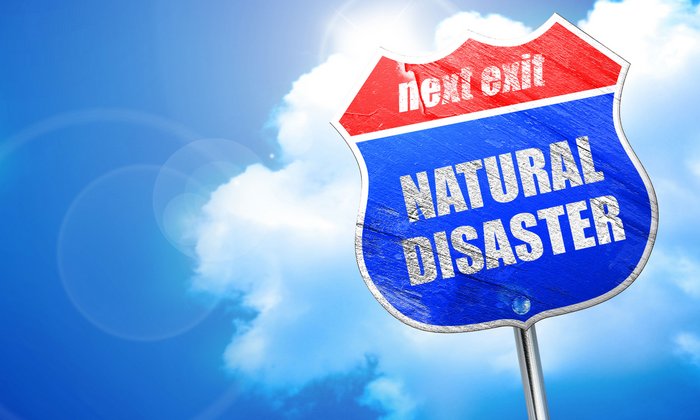













don’t forget the blow-up kiddie pools for “last minute” water storage – plenty of gallonage there >>> deploying outdoors is doable – having the water inside and secure for close & immediate usage is always better ….
before you “blow it off” because of the air required deployment – the various blow up items require air volume and not pressure from an air compressor – ever see the OEMs pumps used for the temporary air beds? >>>> if you have a utility Shop-Vac – you have a quik blow-up solution – use the exit port and size down the hose to a “bayonet” fitting for the simplest mouth air fill on the blow-up item ….
Hi Illini, thank you for the great reminder on kiddie pools! We could use them to catch the snow flakes or rain when needed! Linda